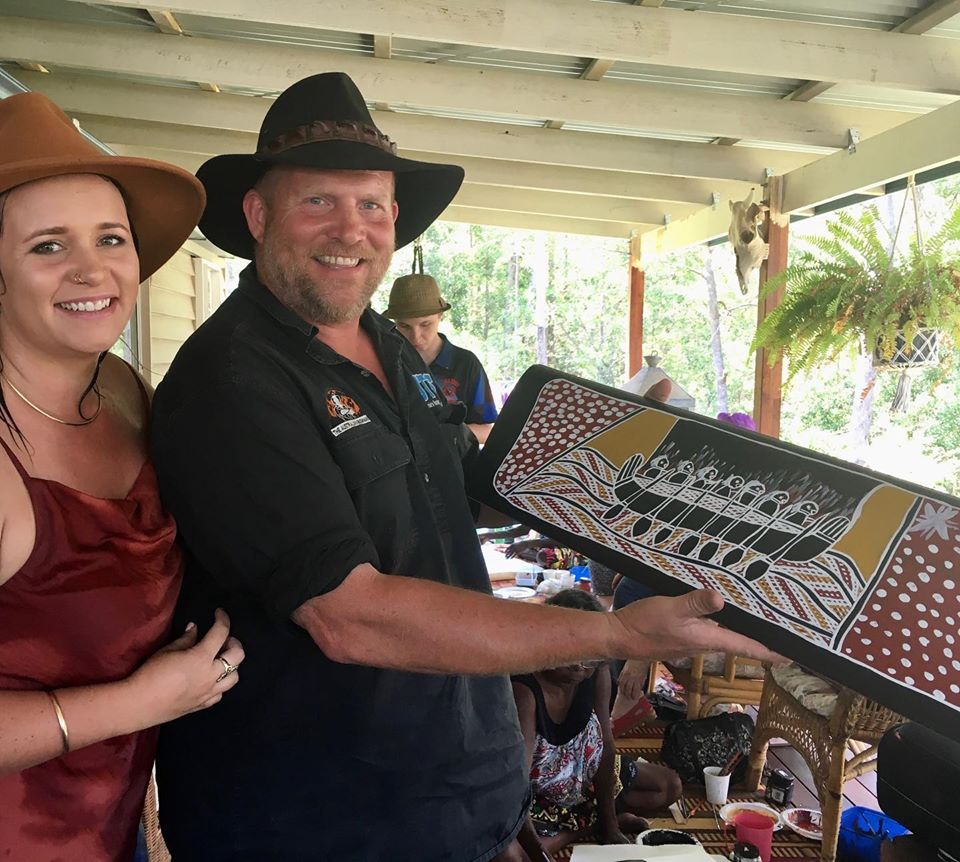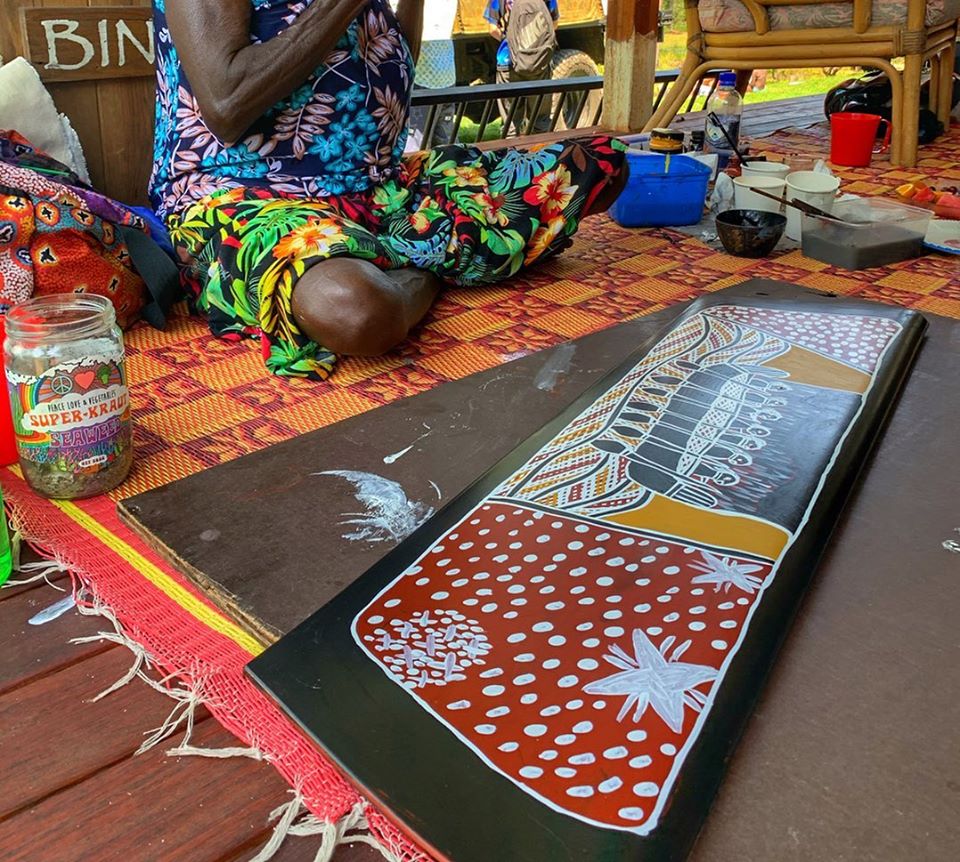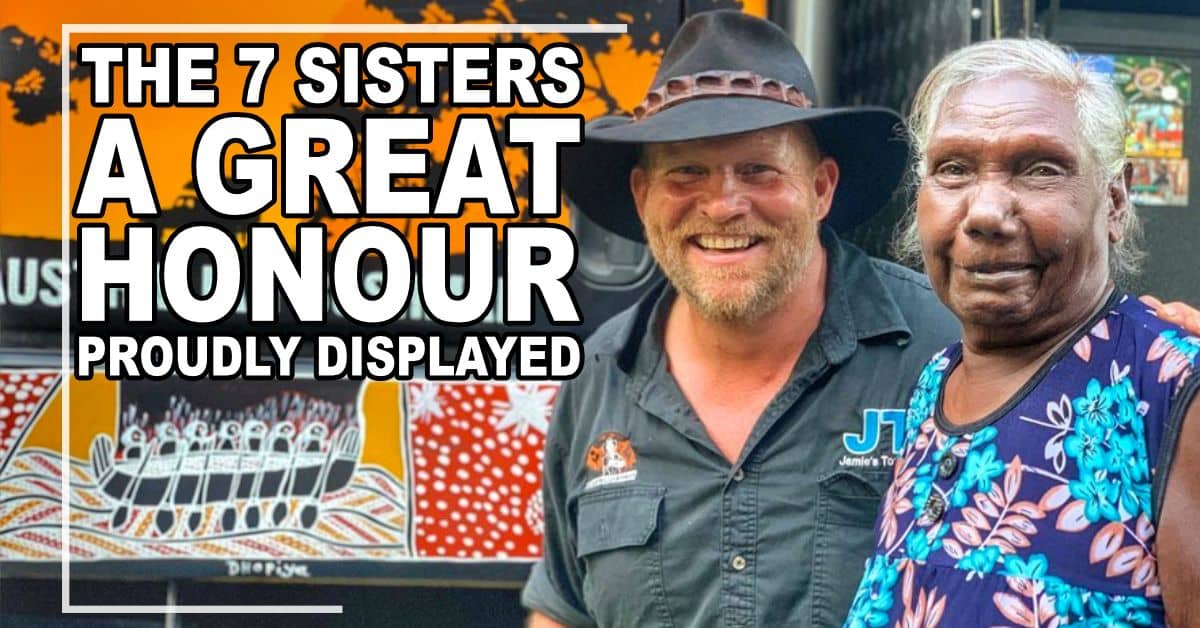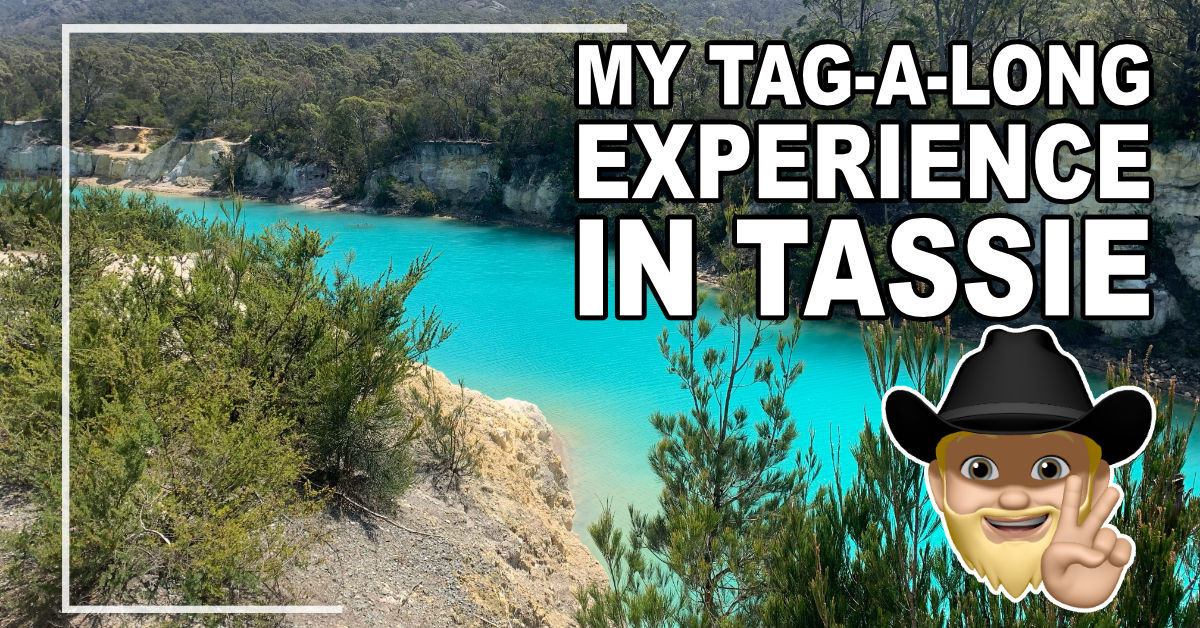Seven Sisters celebrates the ancestry of the seven Yunupingu sisters. The sisters come from Nhulunbuy in North-east Arnhem Land. Their clan is Gumatj. Their father is Munggurrawuy Yunupingu (deceased), former tribal leader of the Gumatj people of Yirrkala. He was a politician, a singer, dancer and artist.
The Yunupingu family has also distinguished themselves as Yolngu leaders in politics and the arts. Other siblings include Australians of the Year Galarrwuy and Mandawuy Yunupingu.

The Djulpan story is about seven sisters who went out in their canoe called Djulpan. During September onwards, they go hunting and always come back with different types of food; turtles, fish, freshwater snakes, yams and berries.
They can be seen in the sky of night, seven stars that come out together.

Known in English as the Pleiades, the stars come in the season when the food and berries come out, the stars will travel through the sky during that month until the season is over and they don’t come out until the next season.
Yunupingu’s father told her about these seven sisters in a canoe and the three brothers who came behind them, following them (Orion’s belt).

They travel west. There are special stars in the sky which Yolngu call wishing stars. They give Yolngu bush tucker; they multiply the foods in the sea – that’s why Yolngu are happy to see them. That’s what Yunupingu’s father told her.
The Djulpan make it to their home over the northern horizon and then cook their food. The smoke from their fires is sometimes visible. This appears to be a reference to actual visibility of such extreme events in Irian Jaya as volcanoes, dust storms and severe bushfires.

Smoke or dust from such rare events is also mirrored in certain cloud formations that appear after the Sisters have left the sky. It is only then that the Yolngu of this dimension can set their customary annual fires.
If fires are lit before this the Djulpan will become sad and jealous and cry. Their tears in the form of unseasonal rain will extinguish the presumptuous fires.

When she looks at the stars, Yunupingu thinks about the universe, all around, and about every tribe, every colour. In every corner of the world, people can look up and see the stars.






